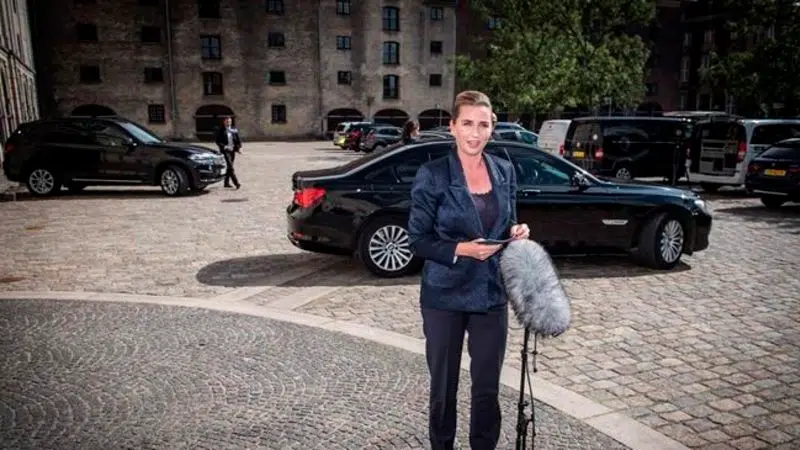
Greenland fallout: Trump’s cancelled trip blindsides Denmark
COPENHAGEN — The prime minister of Denmark said Wednesday she is “disappointed and surprised” by U.S. President Donald Trump’s decision to cancel his visit to Denmark after she called Trump’s idea of buying Greenland, Denmark’s semi-autonomous Arctic territory, “an absurd discussion.”
Trump, who was scheduled to visit Denmark on Sept. 2-3 as part of a European tour, tweeted his decision early Wednesday. The cancellation stunned Danes and blindsided the Danish royal palace, with spokeswoman Lene Balleby telling The Associated Press it came as “a surprise” to the royal household, which had formally invited Trump.
“Denmark is a very special country with incredible people, but based on Prime Minister Mette Frederiksen’s comments, that she would have no interest in discussing the purchase of Greenland, I will be postponing our meeting scheduled in two weeks for another time,” Trump said.
The vast island of Greenland sits between the Atlantic and Arctic oceans, has a population of 56,000 and has 80% of its land mass covered by a 1.7 million-square-kilometre (660,000 square-mile) ice sheet.


